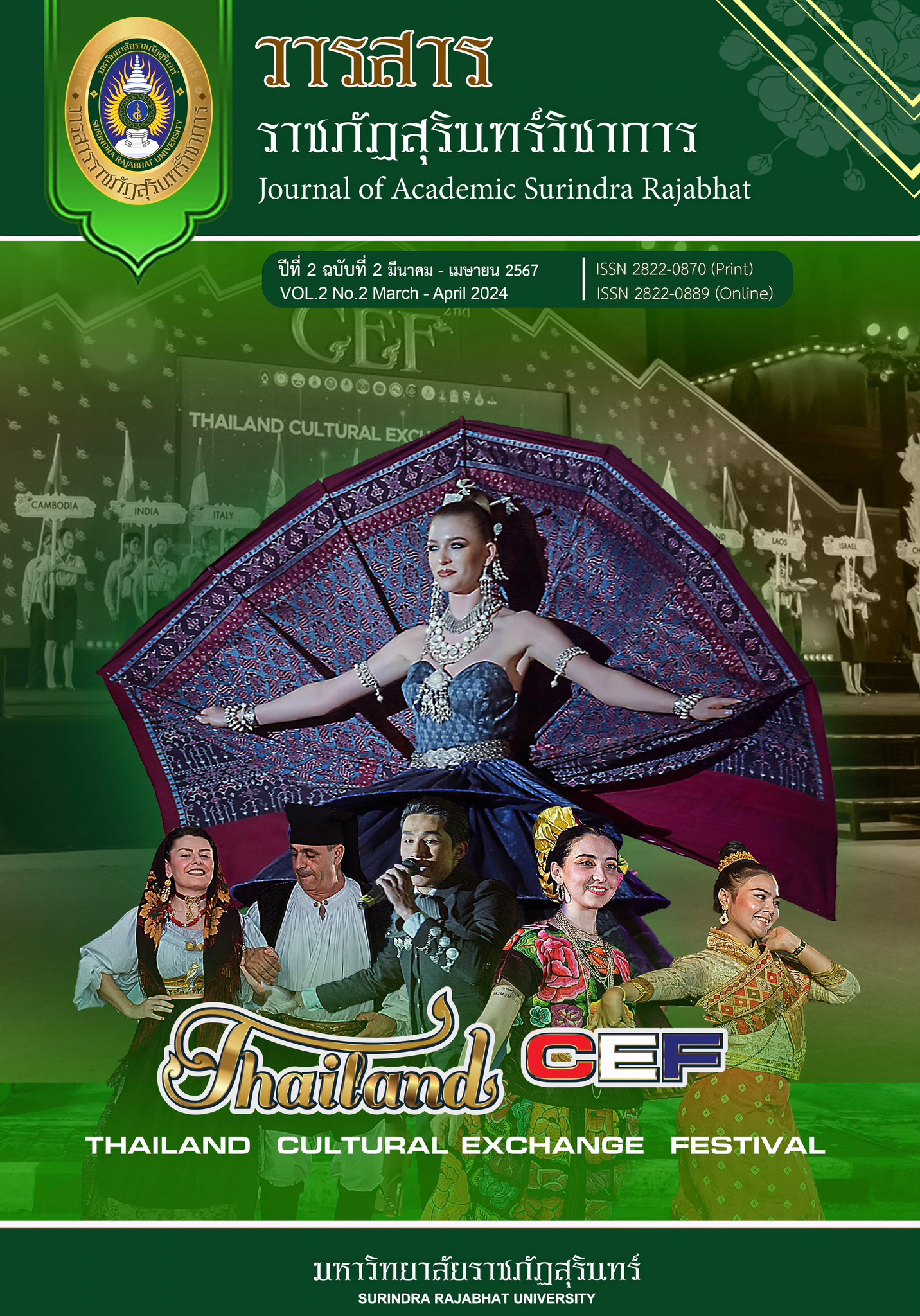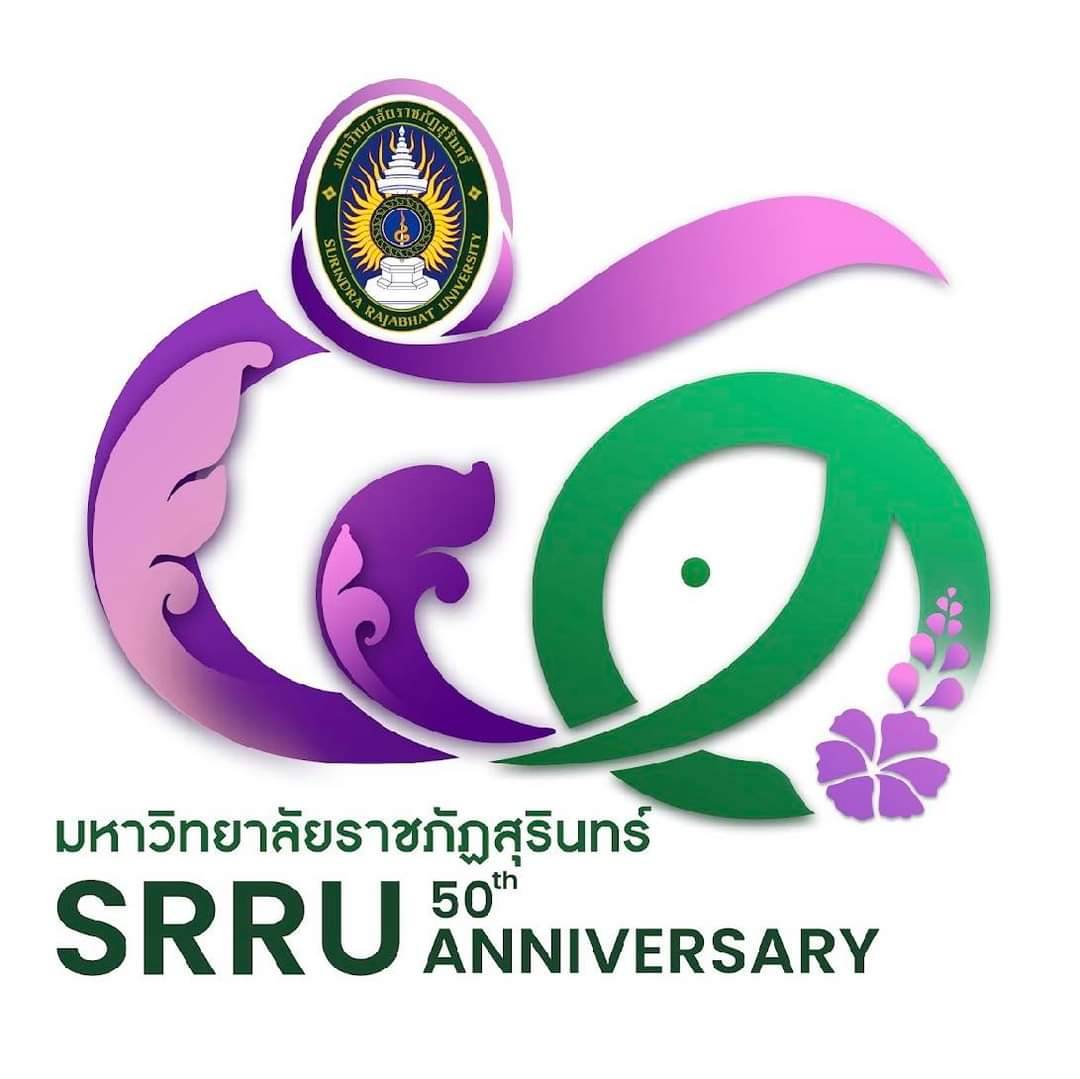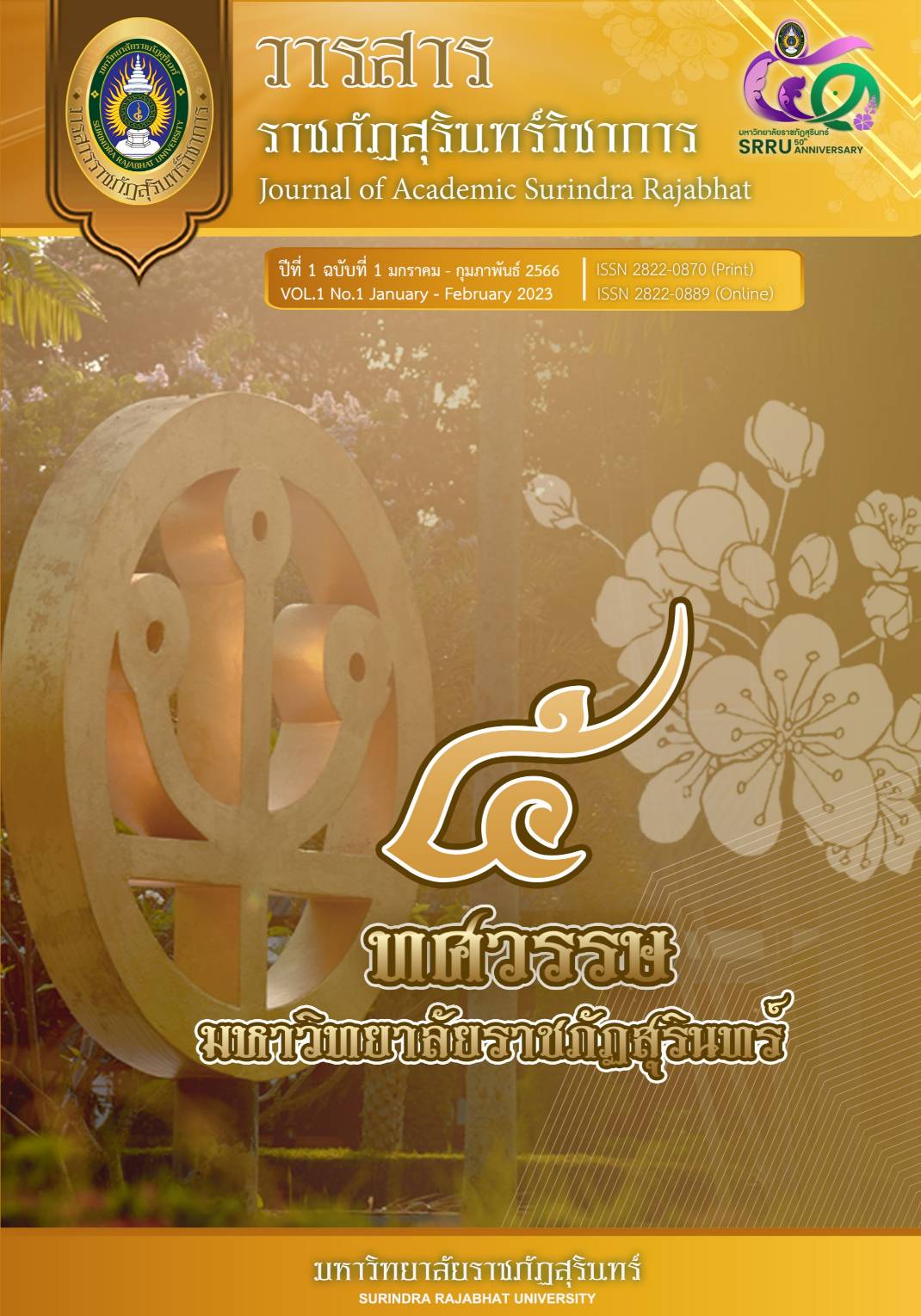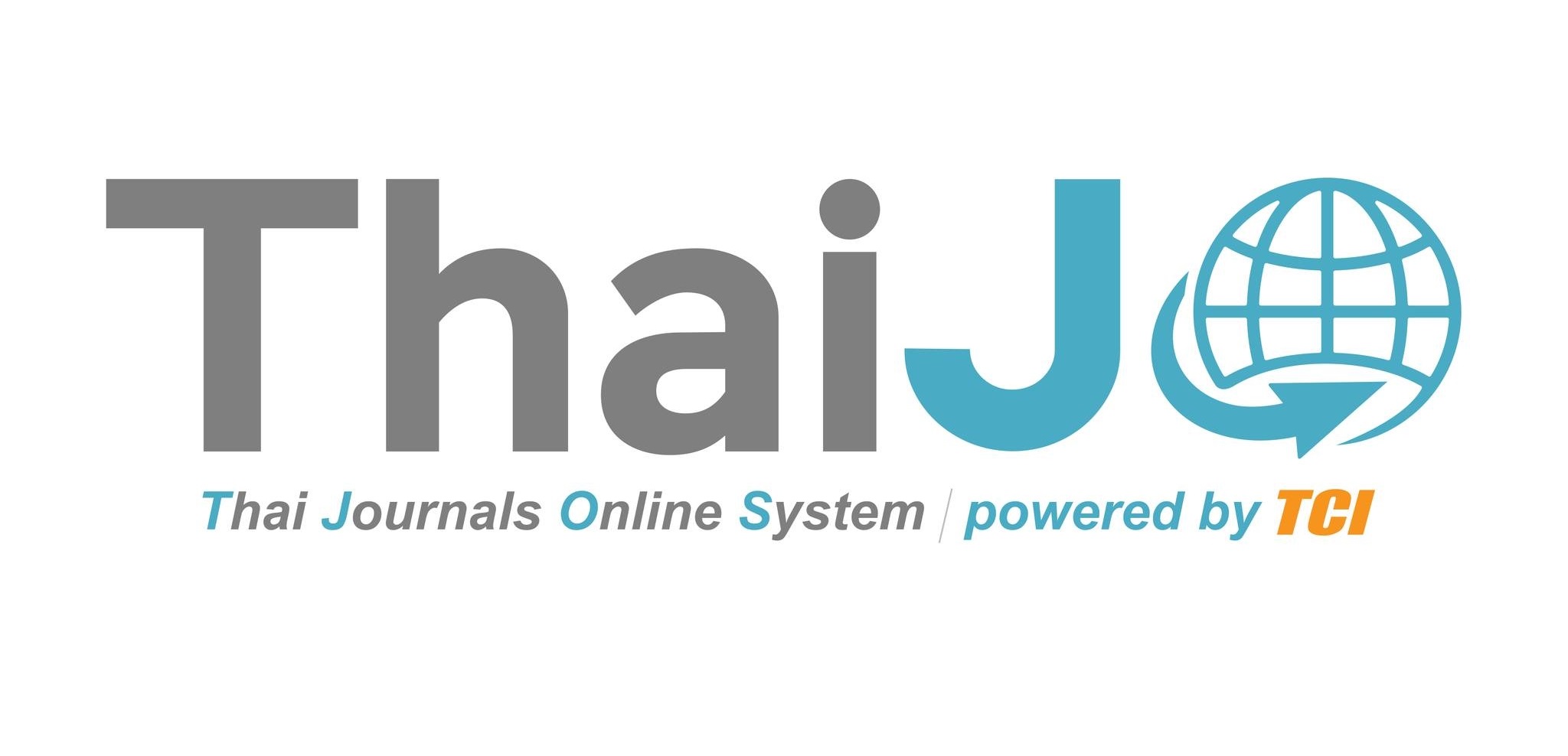องค์ประกอบของการศึกษาภาวะผู้นำเชิงอัจฉริยะ
DOI:
https://doi.org/10.14456/jasrru.2024.11คำสำคัญ:
ภาวะผู้นำ, ภาวะผู้นำเชิงอัจฉริยะ, องค์ประกอบของการศึกษาภาวะผู้นำเชิงอัจฉริยะบทคัดย่อ
ภาวะผู้นำเชิงอัจฉริยะ (Intellectual leadership) เป็นบทบาทของผู้นำการตัดสินใจและการสร้างทุนทางสังคมและทางปัญญาเกี่ยวข้องกับกระบวนการที่ท้าทายที่รวมความคิดค่านิยมและความรู้สำหรับการพัฒนาองค์กร การศึกษาภาวะผู้นำเชิงอัจฉริยะเป็นคำกว้าง ๆ ที่ครอบคลุมแนวทางต่าง ๆ ในการพัฒนาบุคคลให้เป็นผู้นำที่มีประสิทธิภาพ โดยมีทักษะในการวิเคราะห์ที่แข็งแกร่ง ความสามารถในการคิดอย่างมีวิจารณญาณ และความเข้าใจอย่างลึกซึ้งในหัวข้อต่าง ๆ ที่หลากหลาย บทความนี้มีวัตถุประสงค์เพื่อศึกษาองค์ประกอบของการศึกษาภาวะผู้นำเชิงอัจฉริยะทั้งนี้ข้อค้นพบจะนำไปสู่การกำหนดเป็นกรอบแนวคิดการการวิจัยตลอดจนการพัฒนาภาวะผู้นำของผู้บริหารองค์กร การวิจัยครั้งนี้เป็นการศึกษาเอกสารและงานวิจัยที่เกี่ยวข้องทำการวิเคราะห์ข้อมูลเชิงคุณภาพด้วยการวิเคราะห์แก่นสาระ ผลการศึกษาพบว่า คุณลักษณะสำคัญของภาวะผู้นำเชิงอัจฉริยะ ได้แก่ (1) ความรู้และความเชี่ยวชาญ (2) การคิดอย่างมีวิจารณญาณ (3) การสื่อสารและอิทธิพล และ (4) นวัตกรรมและความคิดสร้างสรรค์ องค์ประกอบของภาวะผู้นำเชิงอัจฉริยะ ได้แก่ (1) การคิดที่มีวิสัยทัศน์ (2) การเรียนรู้ตลอดชีวิต (3) การคิดอย่างมีวิจารณญาณ (4) นวัตกรรมและความคิดสร้างสรรค์ (5) ความฉลาดทางอารมณ์ นอกจากนั้น ความท้าทายที่ภาวะผู้นำเชิงอัจฉริยะอาจเผชิญ ได้แก่ (1) การปรับตัวทางเทคโนโลยี (2) ความเป็นส่วนตัวและความปลอดภัยของข้อมูล (3) ข้อพิจารณาด้านจริยธรรม (4) การเปลี่ยนผ่านด้านแรงงาน (5) การต่อต้านทางวัฒนธรรม และ (6) ความไว้วางใจและการยอมรับ
Downloads
เอกสารอ้างอิง
Amabile, T. M. (1998). How to kill creativity. Harvard Business Review, September/October. 77-87.
Bass, B. M., & Riggio, R. E. (2006). Transformational Leadership. New York, NY: Psychology Press. https://doi.org/10.4324/9781410617095.
Bennis, W., & Nanus, B. (1985). Leaders: The strategies for taking charge. New York: Harper & Row.
Bolman, L. G., & Deal, T. E. (2013). Reframing Organizations: Artistry, Choice, and Leadership (5th ed.). San Francisco: Jossey-Bass.
Brown, M. E., & Treviño, L. K. (2006). Ethical leadership: A review and future directions. The Leadership Quarterly. 17(6) : 595-616. DOI: https://doi.org/10.1016/j.leaqua.2006.10.004.
Brown, M. E., Treviño, L. K., & Harrison, D. A. (2005). Ethical leadership: A social learning perspective for construct development and testing. Organizational Behavior and Human Decision Processes. 97(2) : 117–134. https://doi.org/10.1016/j.obhdp.2005.03.002.
Carmeli, A., & Josman, Z. (2006). The relationship among emotional intelligence, task performance, and organizational citizenship behaviors. Human Performance. 19(4) : 403-419. DOI: https://doi.org/10.1207/s15327043hup1904_3.
Ciulla, J. B. (1998). Leadership ethics: Mapping the territory. Business Ethics Quarterly. 8(1) : 1-26. DOI: https://doi.org/10.2307/3857439.
Conroy, J.P. (2000). Intellectual Leadership in Education. Springer.
Drucker, P. F. (1999). Knowledge-worker productivity: The biggest challenge. California Management Review. 41(2) : 79-94. DOI: https://doi.org/10.2307/41165929.
Fincher, C., & Georgia, U. (1998). The Changing Future of Academic Leadership. IHE Perspectives [microform] / Cameron Fincher. Washington D.C.: Distributed by ERIC Clearinghouse https://eric.ed.gov/?id=ED421944.
Goleman, D. (1995). Emotional intelligence: Why it can matter more than IQ. Bantam Books.
Goleman, D. (1998). What makes a leader? Harvard Business Review. 76(6) : 93–102.
Goleman, D. (1998). Working with Emotional Intelligence. London: Bloomsbury.
Gunter, M.H., & Fitzgerald, T.. (2008). The future of leadership research?, School Leadership & Management. 28(3) : 261-279. DOI: 10.1080/13632430802145902.
Jain, R., & Koratkar, N. (2019). Quantifying a scientist's intellectual leadership. Carbon. 150 : 485-488, https://doi.org/10.1016/j.carbon.2019.05.056.
Kalenyuk, I., Tsymbal, L., & Fedyshyn, M.. (2019). Methodical Principles of Estimation of Intellectual Leadership of the Global Economy Actors. Economic Studies journal (Bulgarian Academy of Sciences - Economic Research Institute) -Iss: 6 : 74-87.
Kalenyuk, I., Tsymbal, L., Djakona, A., & Panchenko, E. (2018). Assessment of intellectual leadership under global competition. Problems and Perspectives in Management. 16(4) : 212-223. doi: 10.21511/ppm.16 (4).2018.18.
Kemp, S.P. (2019). Intellectual Leadership: Crafting Forward-Looking Doctoral Research Cultures. In: Connolly, M., Williams, C., Coffey, D. (eds) Strategic Leadership in Social Work Education. Springer, Cham. https://doi.org/10.1007/978-3-030-25052-2_6.
Khan, M.M., Guozhu, J., Ahmed, S.S., Sohail, F., & Ali, M. (2021). The Proliferation of Intellectual Capital Through Leadership. In: Shahbaz, M., Mubarik, M.S., Mahmood, T. (eds) The Dynamics of Intellectual Capital in Current Era. Springer, Singapore. https://doi.org/10.1007/978-981-16-1692-1_8.
Murphy., E.S., & Riggio, E.R. (2003). Introduction to The Future of Leadership Development. 27-34. doi: 10.4324/9781410608895-6.
Pai, TV Mohandas. (2007). Importance of Leadership (NIAS Lecture No.L1-2007). Lecture. National Institute of Advanced Studies, Bangalore.
Paul, R., & Elder, L. (2006). Critical Thinking: Learn the Tools the Best Thinkers Use. Pearson Prentice Hall.
Senge, P.M. (1990). The fifth discipline: The art and practice of the learning organization. London: Century Press. Senge.
Shafique, I., Rafi, N., & Kalyar, M.N. (2021). Managing Intellectual Capital Through Strategic Leadership: A Complementary Approach. In: Shahbaz, M., Mubarik, M.S., Mahmood, T. (eds) The Dynamics of Intellectual Capital in Current Era. Springer, Singapore. https://doi.org/10.1007/978-981-16-1692-1_13.
Sūnelaitytė, A., & Žydžiūnaitė, V. (2015). CONSIDERATIONS ON INTELLECTUAL LEADERSHIP IN HIGHER EDUCATION: CONCEPT ANALYSIS. SOCIETY. INTEGRATION. EDUCATION. Proceedings of the International Scientific Conference. 1 : 277-284. doi:https://doi.org/10.17770/sie2014vol1.771.
Sūnelaitytė, A., & Žydžiūnaitė, V.. (2014). Considerations on intellectual leadership in higher education: concept analysis. Proceeding of the International Scientifical Conference May 23th – 24th, 24 Jul 2015-Vol. 1, pp 277-284.
Tang, G., Cai, Z., Liu, Z., Zhu, H., Yang, X., & Li, J. (2015). The Importance of Ethical Leadership in Employees’ Value Congruence and Turnover. Cornell Hospitality Quarterly. 56(4) : 397–410. https://doi.org/10.1177/1938965514563159.
Ulrich, T.H. (2020). The Background in Leadership Theory: Authentic Leadership. In: Spiritual Leadership. Springer, Cham. https://doi.org/10.1007/978-3-030-45432-6_3.
van Loon, R. (2017). The Future of Leadership. In: Creating Organizational Value through Dialogical Leadership. Springer, Cham. https://doi.org/10.1007/978-3-319-58889-6_8.
Yukl, G., & Mahsud, R. (2010). Why flexible and adaptive leadership is essential. Consulting Psychology Journal: Practice and Research. 62(2) : 81–93. https://doi.org/10.1037/a0019770.
Žydžiūnaitė, V. (2018). Considerations on Intellectual and Academic Leadership of a Scholar in Higher Education: The Descriptive Literature Review. Acta Educationis Generalis, vol.8, no.1, 3918 : 33-49. https://doi.org/10.2478/atd-2018-0002.
ดาวน์โหลด
เผยแพร่แล้ว
รูปแบบการอ้างอิง
ฉบับ
ประเภทบทความ
หมวดหมู่
สัญญาอนุญาต
ลิขสิทธิ์ (c) 2024 วารสารราชภัฏสุรินทร์วิชาการ

อนุญาตภายใต้เงื่อนไข Creative Commons Attribution-NonCommercial-NoDerivatives 4.0 International License.












